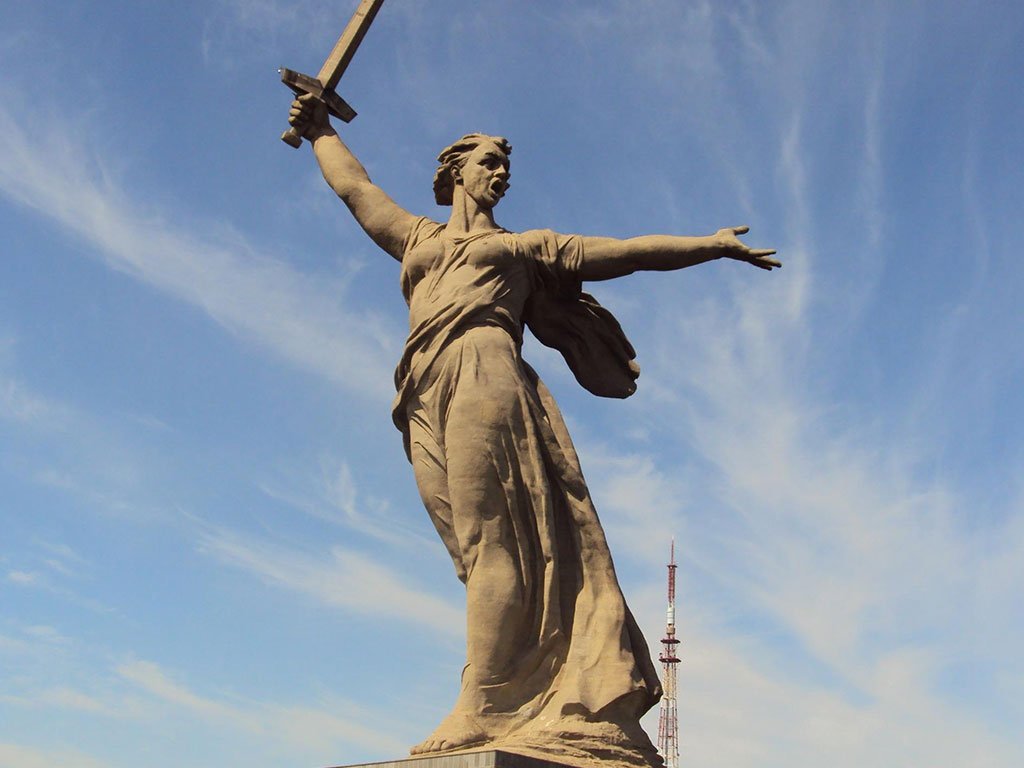I always look forward to Hendrik Leber’s presentations. Hendrik runs a value investment fund named Acatis Investment out of Frankfurt, but he invests globally. In preparation for the conference, I asked him if he could talk about investing from a European perspective, so he did.
Hendrik believes that there is no immediate danger of Europe’s monetary union falling apart, but he notes that problems in the EU go far beyond the PIIGS (Portugal, Italy, Ireland, Greece and Spain); they are in countries that don’t recognize their problems: Belgium, France and the Netherlands.
He was not very bullish on Germany because it is so dependent on exports. (German exports to China are expected to reach $70 billion in 2013.) And Germany has an “idiotic” energy policy, as Hendrik puts it: In 2011, after the Fukushima Daiichi nuclear disaster, Germany decided to walk away from nuclear energy and toward alternative sources, but it has not found those alternatives yet. Because nuclear power plants supplied one quarter of the country’s electricity, the lack of growth in the energy supply has been hurting the German economy. German companies are opening factories in countries that have stable energy policies and cheaper energy — mainly, the U.S. Ironically, by lowering its dependence on nuclear power, Germany has increased its dependence on Russian natural gas. If Germany were any other European country, it would not be a big deal, but Russia has in the past used the natural-gas spigot as a bargaining weapon in negotiations with its neighbors.
Hendrik also discussed Germany’s own version of a social security crisis. The country has an off-balance-sheet-debt problem: its liabilities to the beamte, or civil servants. However, unlike most German public employees, who are subject to the same rules and laws as workers in the private sector, beamte belong almost to a special class, and they usually perform services that only the state can provide (such as issuing official documents or teaching state-approved curricula, for example). Like U.S. postal workers, beamte cannot be fired. The German government pays for the bulk of their health care, and they don’t pay certain taxes, but they give up the right to strike. (I strongly believe that all government employees should give up their right to strike, but that is a topic for another discussion.) Beamte are well compensated and receive a good pension that is guaranteed by the state, not by public insurance. You know how this story ends: The government made promises that it will have a hard time keeping. As the beamte get older, the German government’s liabilities to them are starting to outweigh the country’s explicit debt of €2 billion ($2.6 billion) by a factor of between two and five.
Hendrik presented three stocks in his presentation. Two of them — German chemicals company BASF and U.K. bookmaking company William Hill — looked very interesting but only mildly undervalued. (According to Hendrik, they had little margin of safety.) They are perfect watch-list, buy-at-lower-price stocks. The third one, Pharmstandard, a Russian pharmaceuticals company, looked very interesting, and I’d be lying if I said I was not tempted to take a look at it. But to me, after the Yukos incident, when Russia confiscated one of its largest private oil companies and jailed its founder, Russia became uninvestable.
P.S. After I wrote the preceding, I got an e-mail from Hendrik, who told me that Pharmstandard had fallen victim to Russian corporate governance. Shareholders were basically told that if they don’t agree to a proposed spin-off, the company can buy them out at an 18 percent discount or they will get unlisted shares of the stock. Predictably, the stock collapsed. This is white-collar mugging; there is no other way to put it. The company effectively says, “You are a shareholder as long as you agree with management; otherwise we’ll screw you.” Now Russia is uninvestable to me for another reason: Its corporate governance makes Tony Soprano look angelic.
To learn more about VALUEx Vail 2014, click here.









0 comments